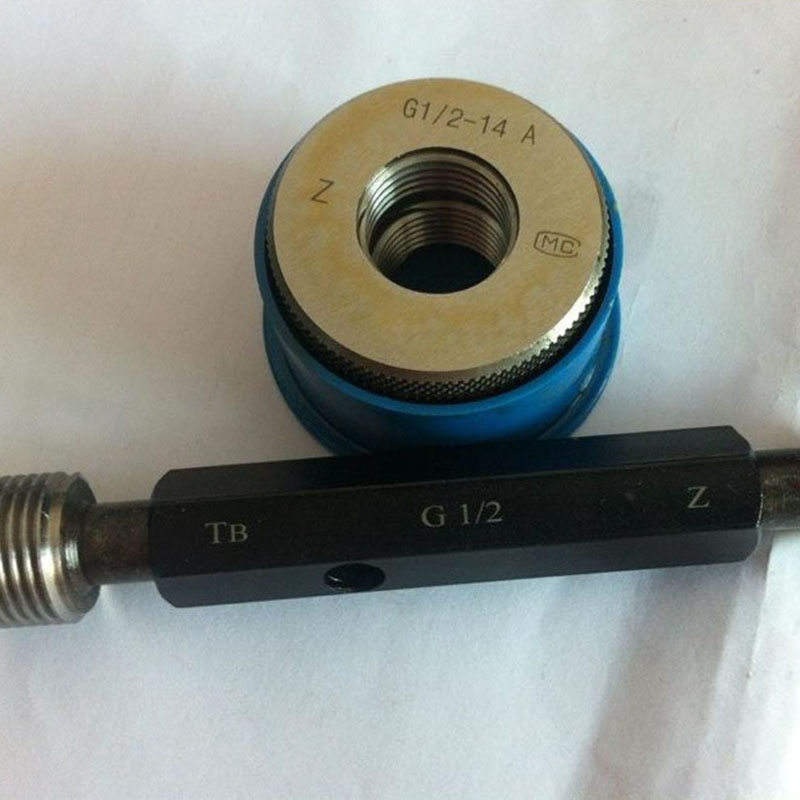Dec . 13, 2024 03:14 Back to list
types of bore gauge
Types of Bore Gauges An In-Depth Overview
Bore gauges, also known as bore micrometers or internal micrometers, are precision measuring tools used to measure the internal diameter of a hole or bore. They are crucial in various industries, including manufacturing, automotive, aerospace, and construction, where accuracy in measurements is vital for quality control and performance. Bore gauges come in various types, each designed for specific applications and measurement ranges. In this article, we will explore the different types of bore gauges, their features, advantages, and appropriate use cases.
1. Dial Bore Gauges
Dial bore gauges are among the most commonly used types of bore measuring instruments. They work on the principle of trigonometry by employing a depth probe connected to a dial indicator, which shows the difference in diameter. This gauge typically features a dial readout that allows for easy visibility of measurement readings.
Advantages
- Simple to use and read. - Provides high precision and repeatability. - Suitable for measuring deep or shallow holes.
Applications
Dial bore gauges are widely used in mechanical engineering and manufacturing plants for checking the diameters of holes in various components such as engine blocks and automotive parts.
2. Digital Bore Gauges
Digital bore gauges represent the evolution of traditional gauges by incorporating electronic circuits to provide digital readouts. These gauges can offer greater accuracy and features such as data storage and communication capabilities.
Advantages
- Easy to read with digital displays. - More accurate than traditional dial gauges. - Often include features for data logging and transfer.
Applications
Digital bore gauges are particularly useful in environments where data accuracy is paramount, such as in aerospace component manufacturing or when stringent quality control processes are enforced.
3. Mechanical Bore Gauges
Mechanical bore gauges are a more traditional type that relies on a mechanical linkage system to measure internal diameters. They usually possess a series of interchangeable pins or anvils that extend inside the bore, allowing for precise contact measurements.
Advantages
types of bore gauge

- Robust and durable with no electronic components. - Require no batteries or power sources. - Cost-effective for basic measurement tasks.
Applications
Often employed in workshops and construction sites where rugged, reliable tools are essential, mechanical bore gauges shine in scenarios where the measurement process is straightforward.
4. Satellite Bore Gauges
Satellite bore gauges, also known as gauge blocks, are specialized tools used for measuring the diameters of large bores. They typically feature a series of interlocking, calibrated measurement units that can be adjusted to fit large diameters.
Advantages
- Ideal for large diameter applications. - Offers high accuracy in measurements. - Versatile for various bore sizes through interchangeable components.
Applications
Satellite bore gauges are widely utilized in industries such as industrial machinery manufacturing where oversized components are common.
5. Interchangeable Anvil Bore Gauges
These gauges provide the flexibility of measuring various diameters by employing interchangeable anvils. Users can switch out the anvils to measure different hole sizes with high accuracy.
Advantages
- High customization for measuring different dimensions. - Accurate and reliable for a variety of bore sizes. - Cost-effective solution for multi-diameter measurement needs.
Applications
Interchangeable anvil bore gauges are perfect for machine shops that handle a wide range of components requiring different internal diameters.
Conclusion
In conclusion, the selection of a bore gauge type largely depends on the specific measurement needs, the environment in which it will be used, and budget considerations. From dial gauges known for their simplicity to advanced digital variants offering high-tech features, each type of bore gauge has its unique strengths and applications. Understanding these differences is essential for professionals aiming to achieve precision and improve product quality in their respective fields.
-
Precision Manufacturing with Advanced Spline Gauge DesignNewsJul.31,2025
-
Industrial-Grade Calibrated Pin Gauges for Exact MeasurementsNewsJul.31,2025
-
Industrial Filtration Systems Depend on Quality Filter DN50 SolutionsNewsJul.31,2025
-
High-Performance Gate Valve WholesaleNewsJul.31,2025
-
Granite Surface Plate The Ultimate Solution for Precision MeasurementNewsJul.31,2025
-
Granite Industrial Tools The Ultimate Guide for Bulk BuyersNewsJul.31,2025
Related PRODUCTS









